Thailand is a beautiful country rich in culture, traditions, and nature. When traveling in Thailand, there are some things you should know to avoid breaking whether Thai laws or their cultural ways of life. Other factors to consider such as climate, food, and health-related matters also play a big part in your journey.
In this article, we have gathered some travel warnings to make your trip to Thailand easier and help you understand this magical country more!
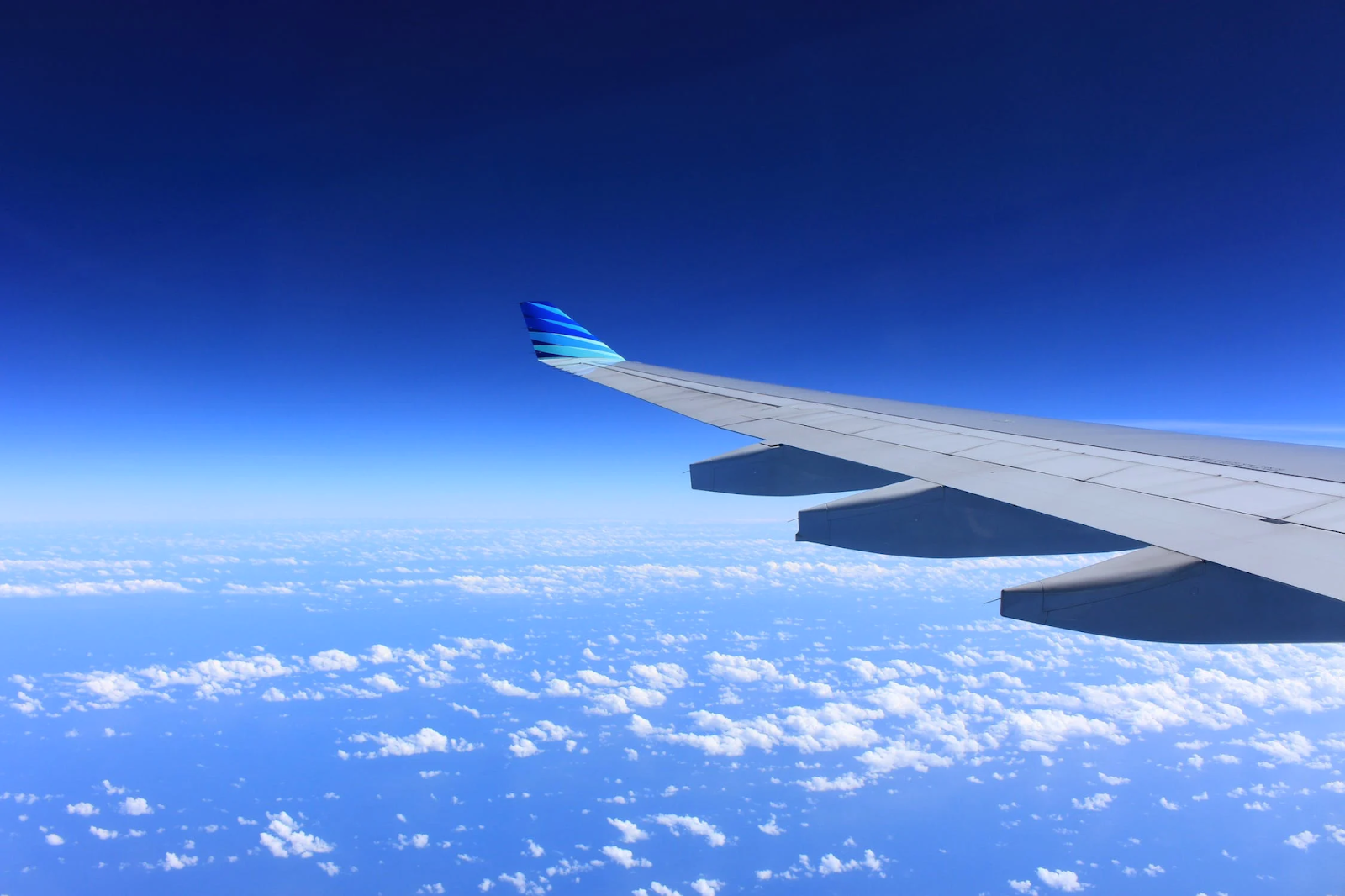
Make sure your nationality applies to the Visa on Arrival rule and the Visa Exemption scheme. Foreigners can also apply for a 30 and 60-day tourist visa if they wish to stay in the country longer than their visa is permitted.
Dos
Do always check Thailand’s Travel Regulations before planning your trip.
Do make sure your passport is valid for at least 6 months before traveling.
Do make sure you have proof of the Covid-19 vaccinations. Even though foreign visitors no longer need to present proof of Covid-19 vaccinations, having this document ready anyway can be useful in unexpected situations.
Don’ts
Do not overstay your visa.
Do not visa runs too many times.
Do not take cannabis products home. Despite cannabis being legal in Thailand, your origin country may still have different cannabis laws.
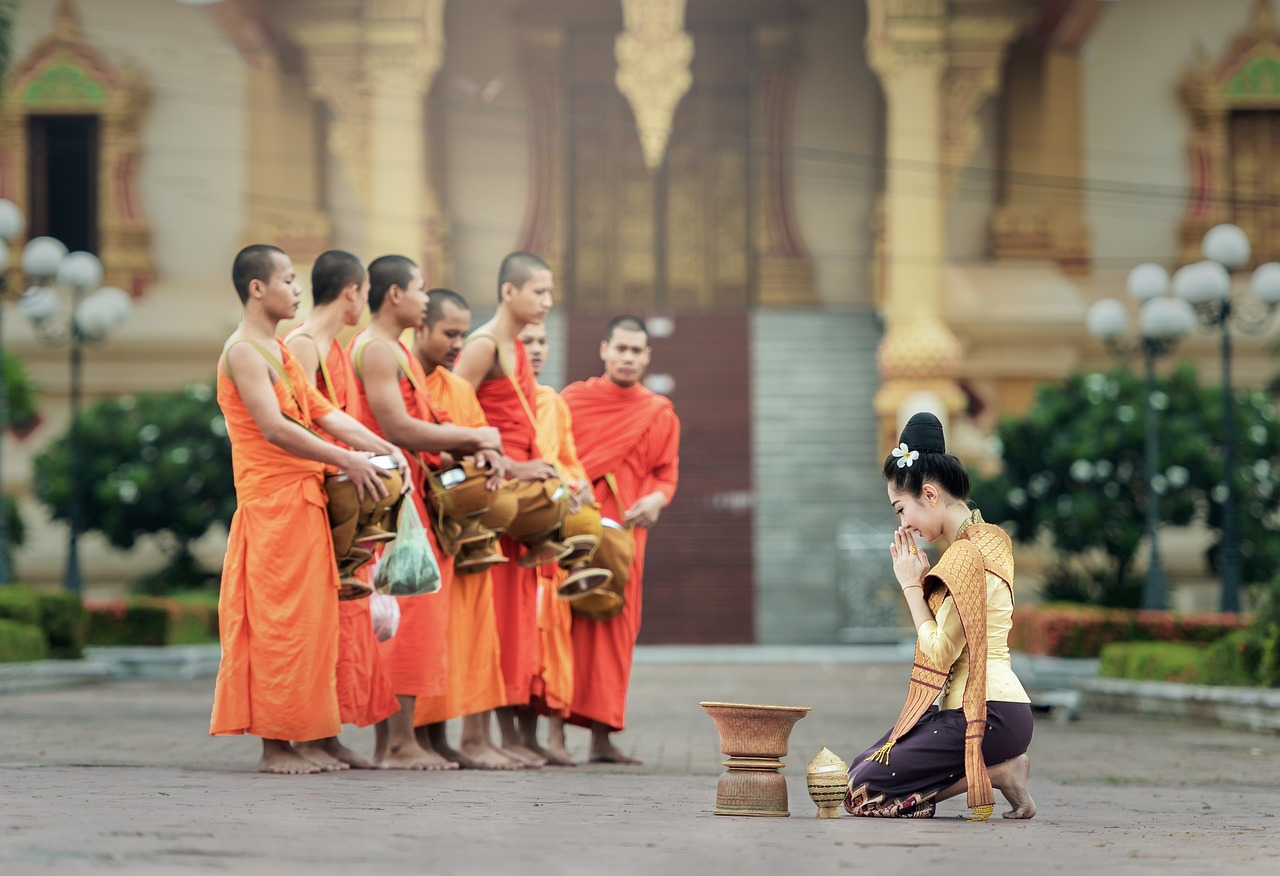
Dos
Do ‘wai’. Wai is a form of greeting in Thailand. By joining two palms together and slightly bending your head down, you will appear to be polite and respectful to all Thais. But even if you forget to wai, it is not a big deal as long as you are friendly.
Do always say ‘krab’ or ‘ka’ at the end of every sentence. Krab and Ka are ending words Thai people always use to sound more polite. Krab is used for men and Ka is used for women. For example, Sawasdee Krab/Ka: Hello.
Do dress appropriately, specifically when visiting a temple or historical site. For example, wear a long skirt, long pants, and a shirt that covers your shoulders to show respect for the place.
Do remove your shoes before entering a temple.
Do learn some basic Thai phrases or have translations ready to avoid communication issues.
Don’ts
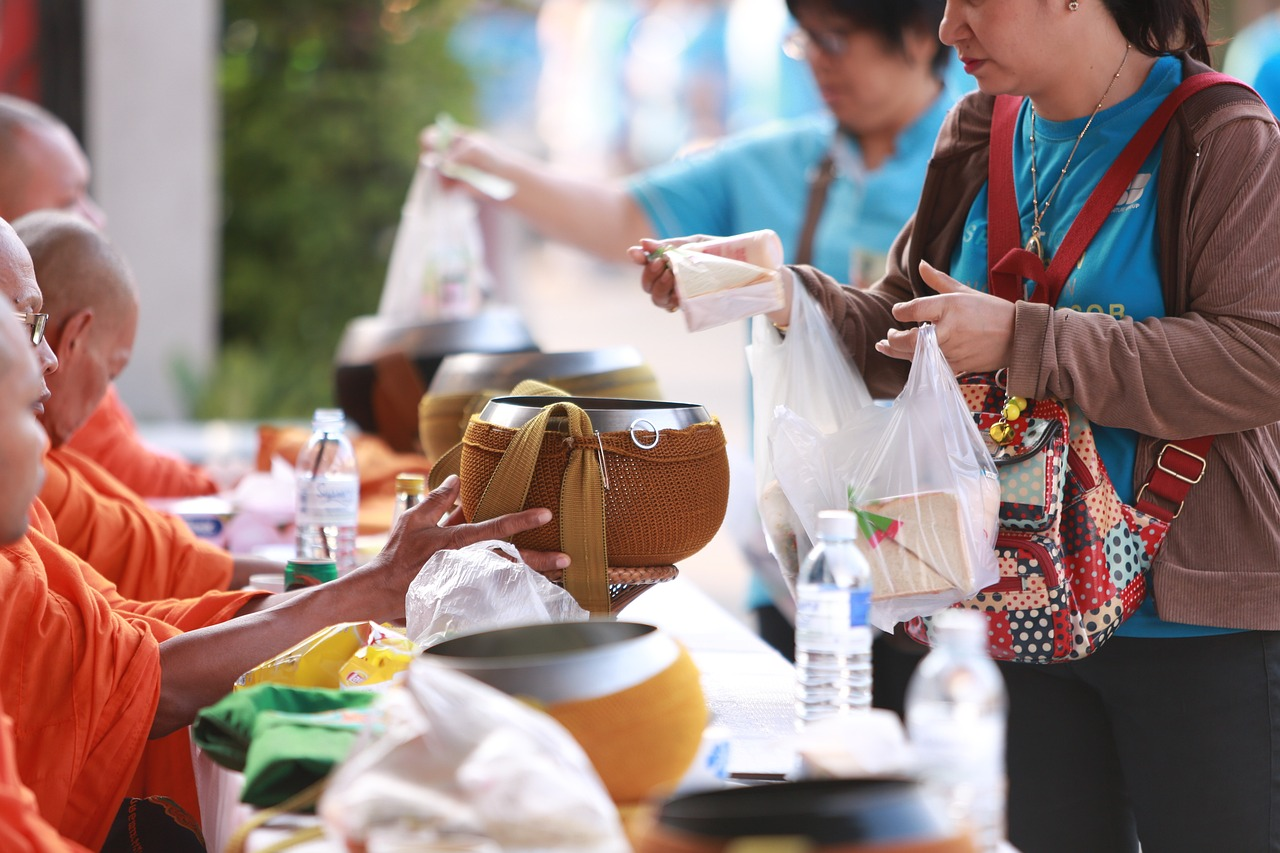
Do not touch the monks in Thailand if you are a female. Women cannot touch or hand things directly to the monks in Thailand (and vice versa) for religious reasons.
Do not touch a Thai person’s head as it is considered rude in Thai culture.
Do not openly talk about the Thai Royal Family in a disrespectful way or publish any kind of negative comments.
Do not put your feet up on a table or anything as feet in Thai culture can represent bad or low things. So, putting your feet up on a table or a chair in front of Thai people can appear rude to them.
Do not disrespect Buddha statues or temples.
Do not be surprised by the large IGBTQI+ population as Thailand is open and accepting for everyone to be themselves.
Do not be surprised when you see every Thai person suddenly stops what they’re doing and stand still at 8.00 a.m. and 6.00 p.m. Those times are when the Thai National Anthem is played and Thai people just simply stop to pay respect to the anthem and then go on about their business after.
Do not point. Pointing at someone is considered impolite.
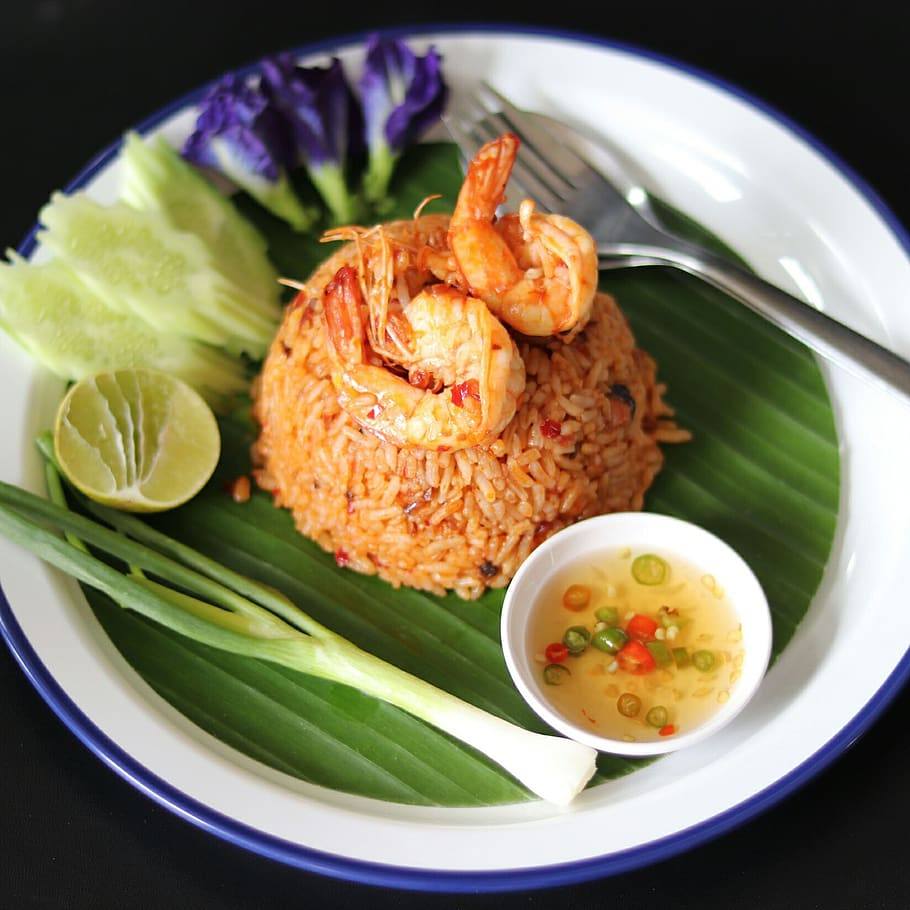
Dos
Do always ask for non-spicy ingredients by saying ‘Mai Ped Loei Krab/Ka’ or ‘Mai Sai Prik Loei Krab/Ka’, meaning not spicy at all, please, if you cannot handle the spice very well, especially Thai spices.
Do use a spoon. Forks, spoons, and chopsticks are the main cutleries in Thailand. Thai people always use a spoon for soup, rice dishes, and everything else.
Do remember that Thai food is generally spicy but not-spicy dishes are also common.
Do ask for vegan or vegetarian food options if you are a vegetarian/vegan as Thai restaurants usually have meat-free dishes. Although it may be simple, the taste will still be amazing.
Don’ts
Do not slurp or eat loudly while eating soup as it is considered rude.
Do not try “exotic food” such as spiders, cockroaches, or other insects at Khaosan Road if you are unfamiliar with them. Plus, Thai people don’t eat these animals, they are only for tourism.
Do not attempt to buy alcohol after midnight or on religious holidays at 7/11 or other convenient stores. Alcohol is permitted to sell from 11.00 a.m. to 2.00 p.m. and again from 5.00 p.m. to 12.00 am.
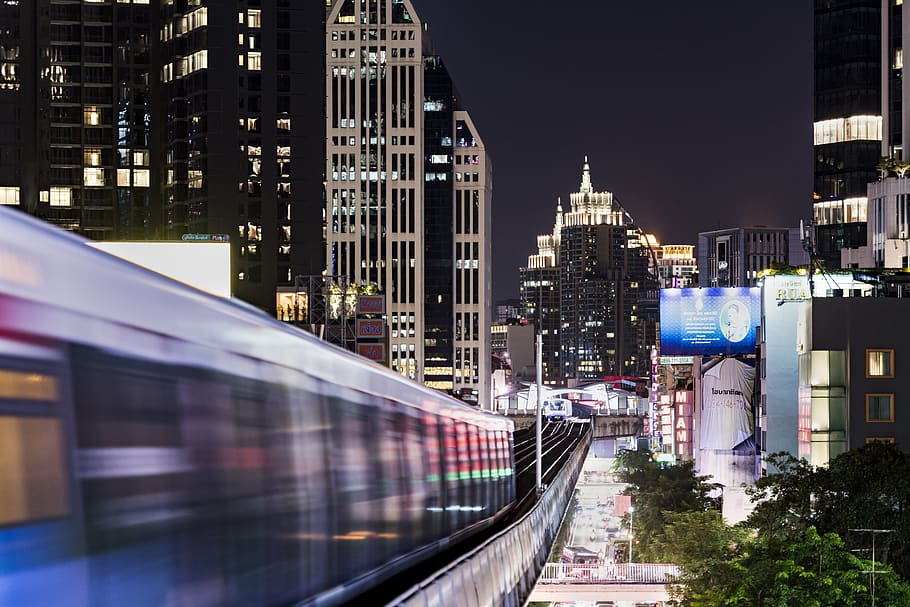
There are many international airports in Thailand. For example:
Suvarnabhumi Airport, Bangkok
Don Mueang International Airport, Bangkok
Phuket International Airport, Phuket
Chiang Mai International Airport, Chiang Mai
Samui International Airport, Koh Samui
And many domestic airports in a lot of provinces in Thailand. For more information about flight routes in Thailand, visit Thailandos to plan your unforgettable journey!
Grab: A transport application with various vehicle options and reasonable prices.
Taxi: Taxi cabs come in vehicle forms of cars, motorcycles, and vans.
Tuk Tuk: A 3-wheeled vehicle suitable for those to want to have the Tuk Tuk experience while sightseeing in a city.
Underground Trains (MRT): Available only in Bangkok.
Sky Trains (BTS): Available only in Bangkok.
Airport Rail Link: Available only in Bangkok. The trains operate from Suvarnabhumi Airport to the city. Passengers can switch from the Airport Rail Link Trains to an MRT station as well.
Traditional Thai Trains: Operates throughout the country from short to long distances.
Bus: Operates throughout Thailand at short and long distances.
Van: Operates throughout Thailand at usually short distances. For example, Bangkok to Kanchanaburi or Phuket to Krabi.
Boat/Ferry: Operates mainly from the mainland to the islands of your choice. There are also boat taxis available in Bangkok that help you cross the Chao Phraya River.

Dos
Do always ask a taxi driver about the taxi meter as it is legally required to be used. If a taxi driver refuses to charge according to the meter, try to get another one. Not only is the non-metered taxi price illegal, but it is also incredibly expensive.
Do use a footbridge or an overpass.
Do look both ways when crossing the road.
Do remember that people drive on the left side of the road in Thailand.
Do prepare coins and cash for public transportation such as underground trains, sky trains, taxis, and buses.
Don’ts
Do not cross the road unless there is a zebra crossing or a crosswalk.
Do not sit on or ride a motorcycle/scooter without a helmet. It is punishable by fines and jail time.
Do not drive without an international driver’s license.
Do not have more than 2 people on a motorcycle. Some locals may do it but you don’t want to do it.
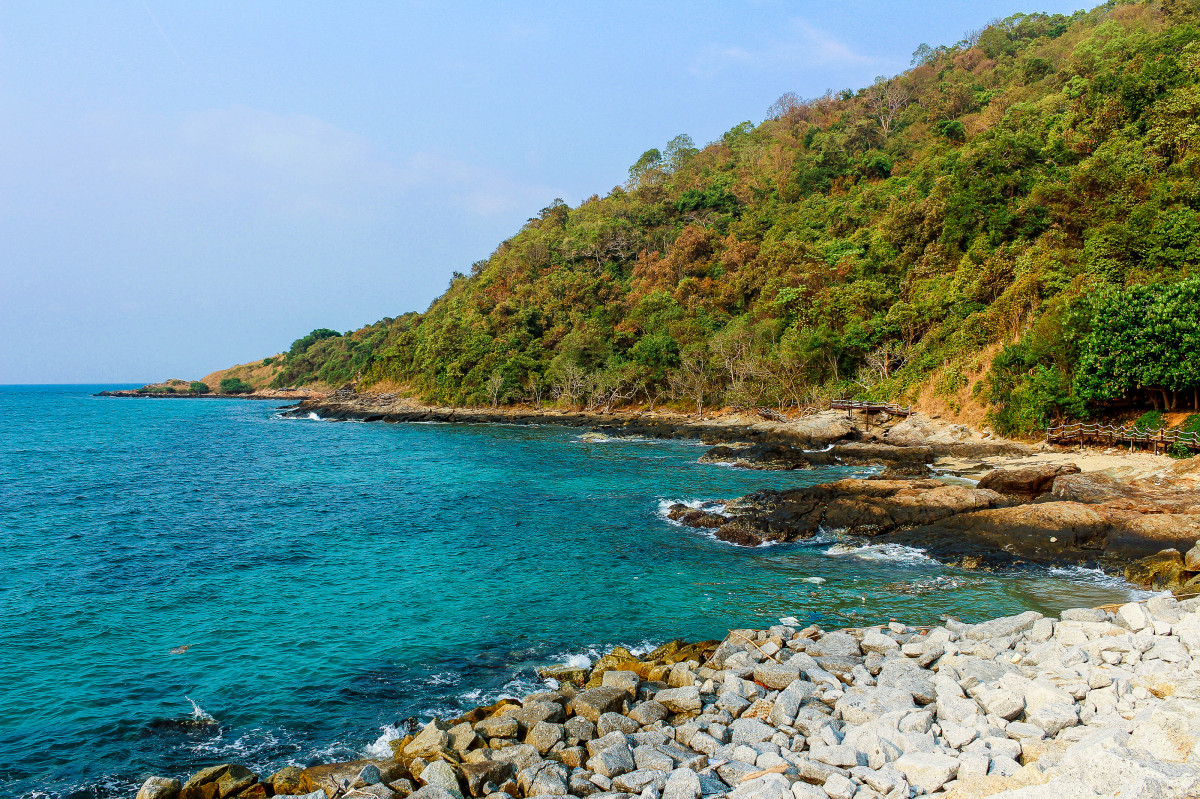
There are 3 seasons in Thailand. The hot season, the rainy season (monsoon season), and the dry season.
The hot season starts from March until June.
The monsoon season starts from July until October.
The dry season starts from November to February.
The best time to visit Thailand we recommend is from the dry season to the hot season. The weather will be perfect for outdoor activities and island hopping.
Dos
Do bring sunscreen.
Do bring or buy mosquito repellent.
Do check the weather forecast before planning your day. In the monsoon season (July – October), Thailand tends to get heavy sets of rain. Although it is not every day, it is still to be expected.
Don’ts
Do not risk going on an island trip when it is raining.
Do not bring your winter clothes here as Thailand is warm all year round. A sweater for a flight is fine but the rest will not be needed.
For convenience and comfort, foreigners can go to private hospitals and have access to quicker and more inclusive services but for a higher cost. Whereas public hospitals’ medical bills are less but foreign patients may have to make appointments beforehand.
Nonetheless, both public and private hospitals accept travel insurance from Thai travel insurance companies such as Axa, or other travel insurance for tourists.
Ambulances are also free in case of emergencies. There are also volunteers who will come assist you in case of accidents. You can call number 1669 for medical emergencies and 191 for the police line.
Travel Insurance for tourists in Thailand usually covers from 700,000 to 2 million+ Baht, depending on the package.
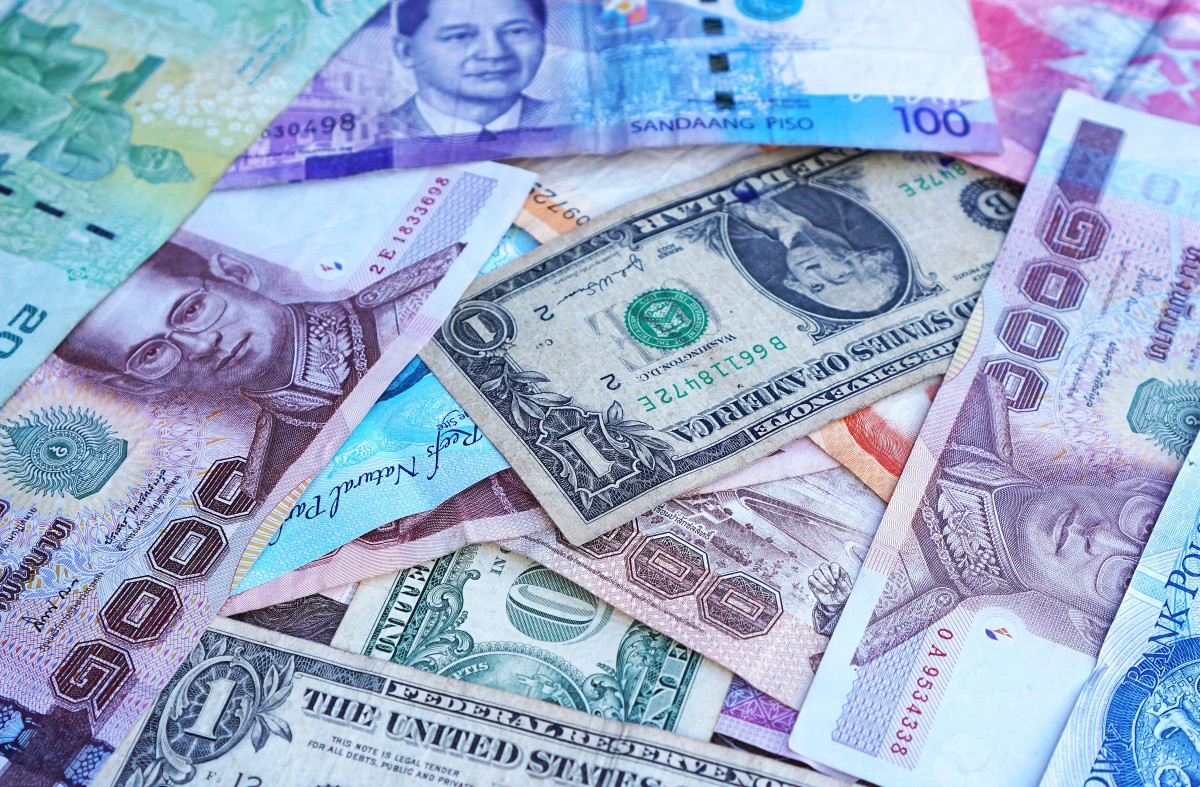
The currency used in Thailand is Baht. You can get Thai Baht at any Superrich booth or a Kasikorn Bank. The rates vary every day. There are pop-ups for currency exchange at both airports in Bangkok.
Furthermore, withdrawing money from an ATM machine can charge withdrawal fees from 200 – 220 Baht.
Using a credit card is also another popular cashless payment method in Thailand. However, not every store or restaurant accepts payment by credit card. Having some cash with you is safer in case of emergencies.